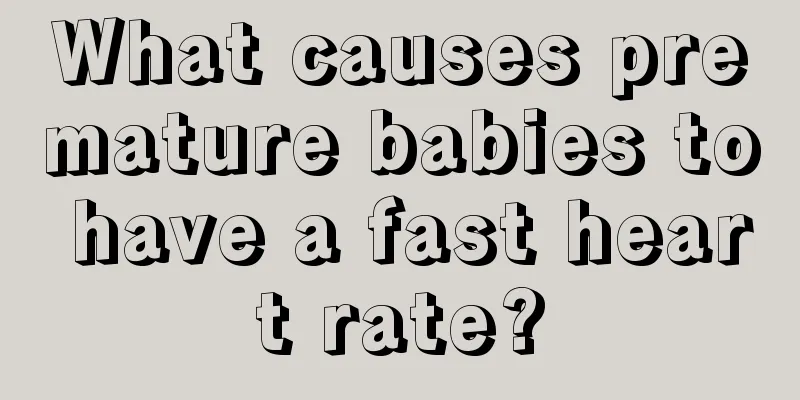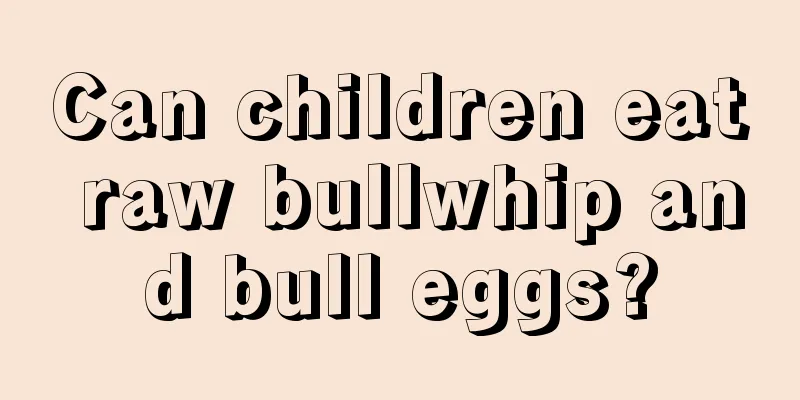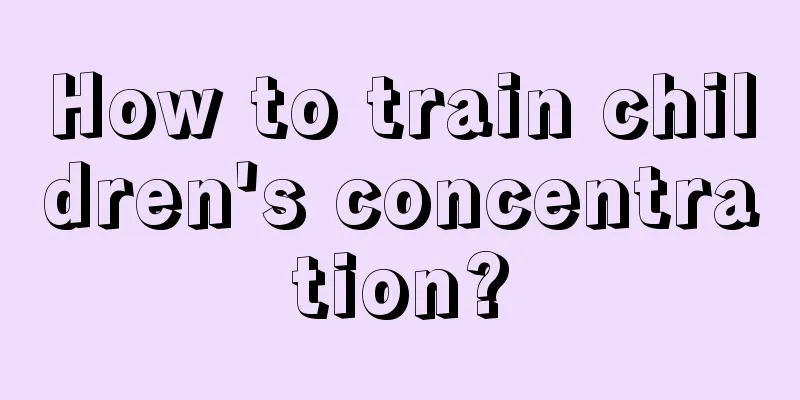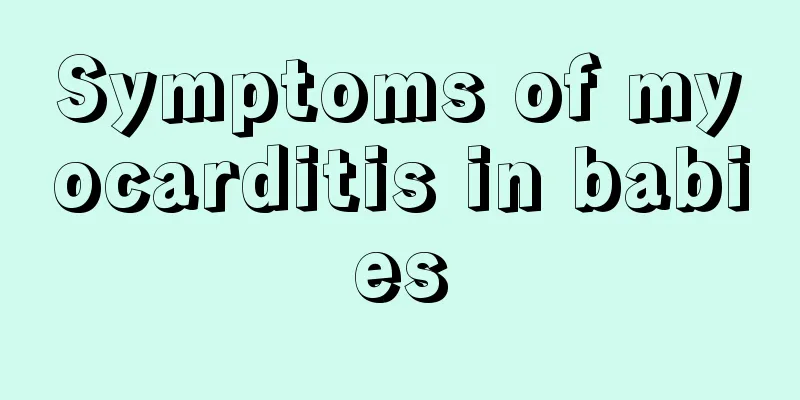Do pediatric bronchodilators have side effects?
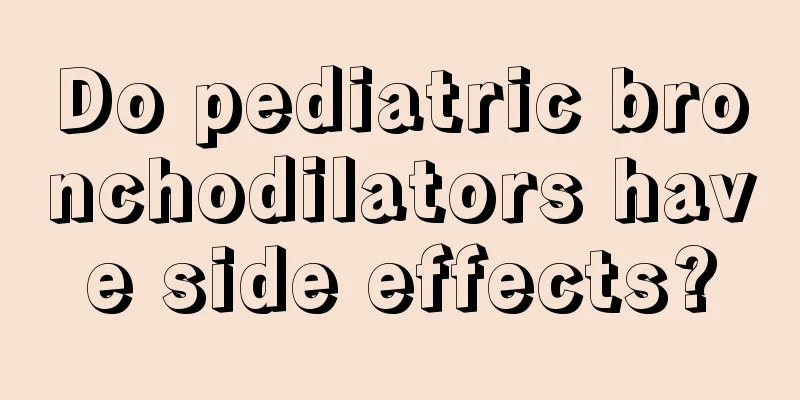
|
Bronchodilators are actually an antiasthmatic drug that can relieve bronchospasm in patients. Generally speaking, some asthma patients often need to use bronchodilators during acute attacks. Bronchodilators generally do not have anti-inflammatory effects. When an asthma attack occurs, this bronchodilator works very quickly, but it may lead to drug dependence. Bronchodilators that act on the sympathetic nerves can have some side effects of psychostimulation. If you experience other obvious symptoms after taking the medicine, such as nervousness, insomnia, trembling hands and feet, pale face, etc., you can try changing the medicine or adjusting the dosage. Severe overdose reactions include severe vomiting and convulsions, and the drug should be discontinued at this time. If you use an inhaled bronchodilator, side effects are rare because the concentration of the drug entering the blood is very low. There are three main types of commonly used bronchodilators: anticholinesterase drugs, β2 receptor agonists, and methylxanthines. The first two can be taken by inhalation, and inhalation is currently recommended because it takes effect quickly and has few systemic adverse reactions. Inhalation devices include metered dose inhalers (MDI) and nebulizer inhalation devices. In order to improve the inhalation effect, a mist storage device can be added between the MDI and the oral cavity. In addition, there are dry powder inhalers (disc inhalers) and inhalation-triggered metered-dose inhalation devices (Dubao series), which are easier to master and have better inhalation effects. The key to inhalation therapy is that the patient must master the inhalation technique. It should also be noted that although the more common bronchodilators have no side effects or have relatively few side effects, there is a type of bronchodilator that may cause some serious side effects, and that is theophylline. Bronchodilators containing theophylline may easily cause nausea and vomiting, abdominal discomfort, or tachycardia. |
<<: Can children drink ginger soup when they have a cold?
>>: What should I pay attention to when my child has cough variant asthma?
Recommend
Treatment of gastroesophageal reflux in children
Gastroesophageal reflux disease in children can c...
What kind of shoes are good for children?
Children are at an active age, so parents must pa...
What to do if your child's front teeth are crooked
A healthy and beautiful set of teeth can make a p...
What are the dangers of enema for children with fever?
If many children have a severe fever, they can on...
Why does the child's face turn yellow?
Many people will have an abnormal complexion due ...
What are the reasons why newborns don't sleep enough?
For newborns, high-quality sleep is more benefici...
What should parents pay attention to when beating their children?
Children's disobedience is the biggest headac...
What to do if your child has bad breath
If parents find that their children have bad brea...
Adverse reactions to rabies vaccination in children
Children's physical condition is very weak, e...
What should I pay attention to when removing vernix caseosa from my baby’s labia?
Vernix caseosa refers to a type of fat that is pr...
How to treat ADHD in children?
ADHD is a symptom that many children will have, b...
What causes hoarseness in children?
Children's health is a matter of concern to a...
How to prevent a two-year-old baby from crying at night
Many parents always ignore their baby's cryin...
Reasons and solutions for babies' restless sleep at night
The baby does not sleep or sleeps restlessly. The...
What to do if your newborn hiccups after feeding
The birth of a newborn baby into this world is a ...


